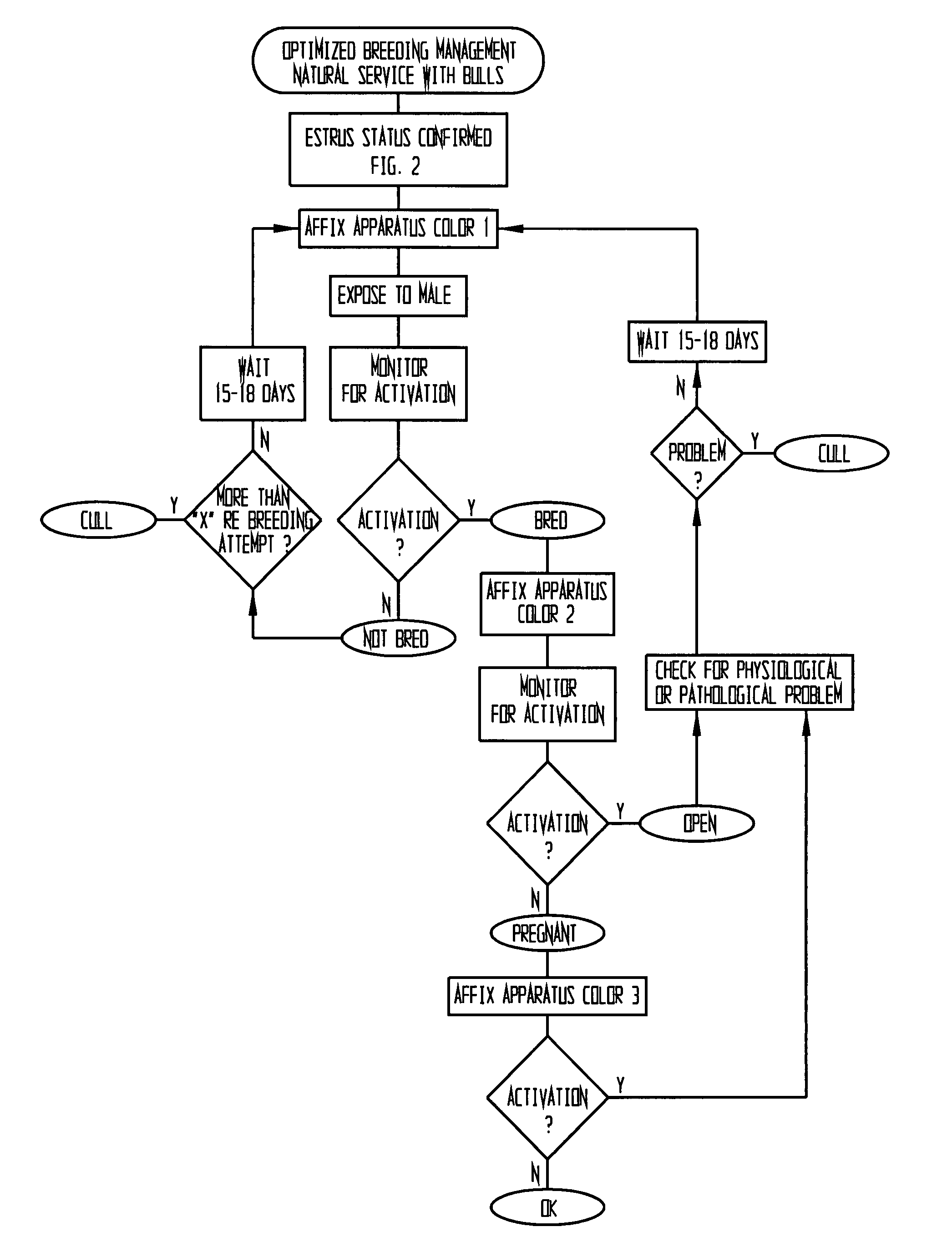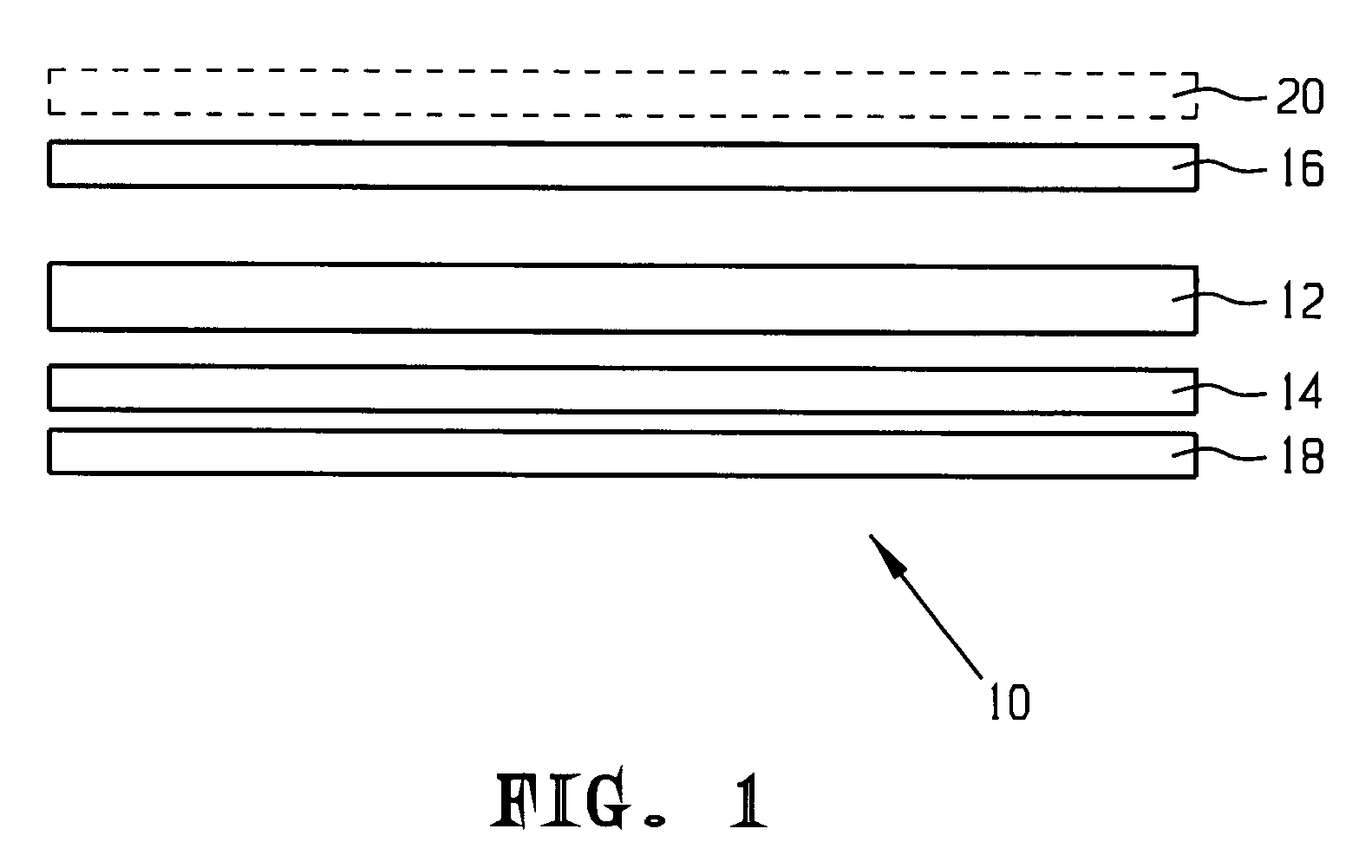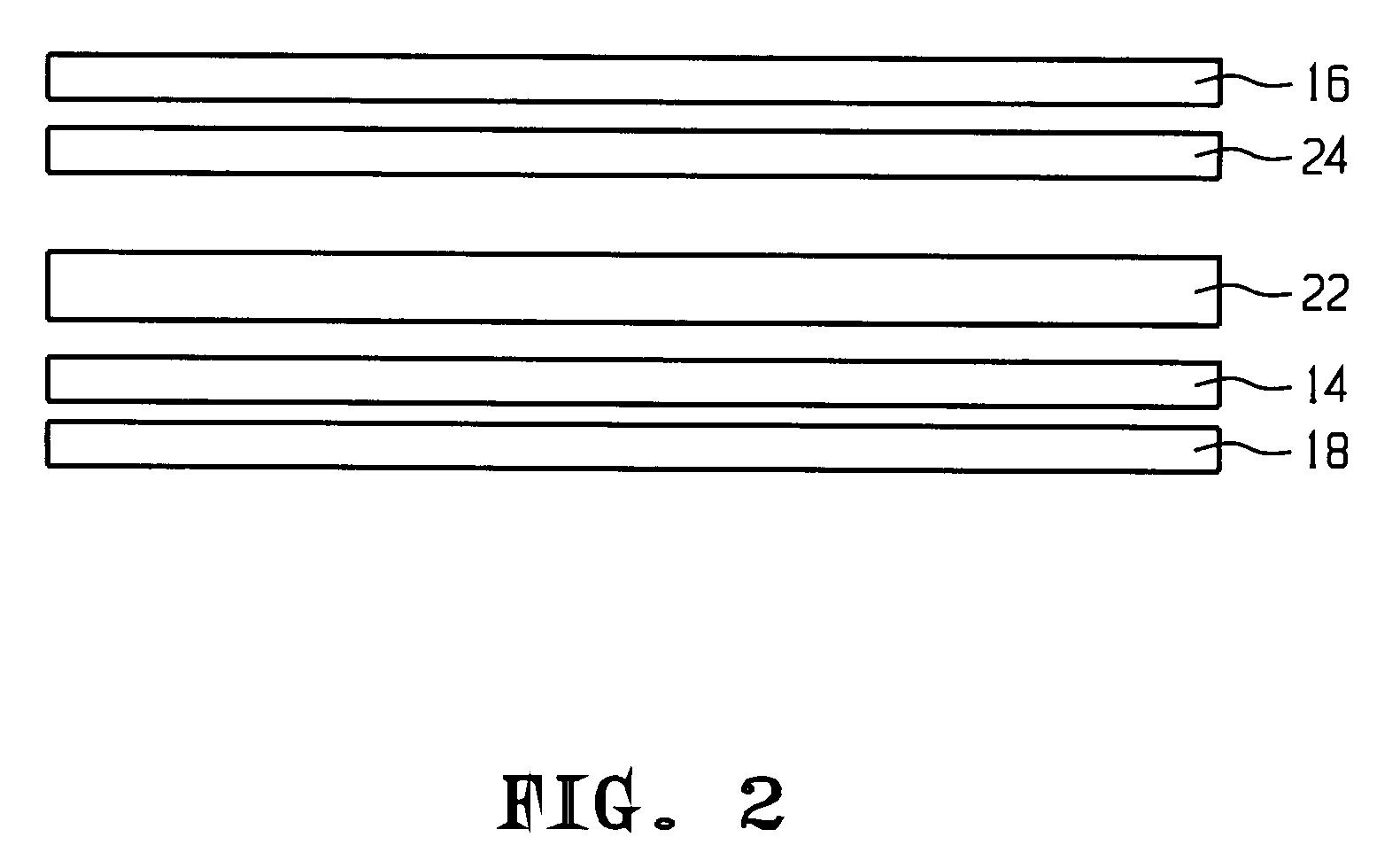Herd management technology
a technology of herd management and herd management, applied in the field of ruminant animal reproduction apparatus, systems and methods, can solve the problems of inefficiency, inability to mount herself, inaccurate detection of estrus, etc., and achieve the effect of reliable, practical, accurate and efficien
- Summary
- Abstract
- Description
- Claims
- Application Information
AI Technical Summary
Benefits of technology
Problems solved by technology
Method used
Image
Examples
example
Normal Artificial Insemination Breeding Programs
[0081]1. Apply the first (green) colored device 40 days post calving to determine cyclicity for early breeding[0082]a. Breed 12 hours following indication of standing estrus or immediately following an activated device. (when a minimum of 50% of the gray scratch-coat layer have been removed by mounting activity).[0083]2. Reapply a second (blue) colored device 10 days post first breeding to observe for return to estrus.[0084]a. Rebreed 12 hours following indication of standing heats or immediately following activated devices (50% of gray scratch-coat removed).[0085]b. If device is not activated by 45 days post breeding check for pregnancy.[0086]3. Reapply a third (fuchsia) colored device 10 days after the second insemination post breeding to observe to return to estrus.[0087]a. Rebreed 12 hours following indication of standing heats or on activated device (50% of gray scratch-coat removed).[0088]b. If device is not activated by 45 days ...
PUM
 Login to View More
Login to View More Abstract
Description
Claims
Application Information
 Login to View More
Login to View More - R&D
- Intellectual Property
- Life Sciences
- Materials
- Tech Scout
- Unparalleled Data Quality
- Higher Quality Content
- 60% Fewer Hallucinations
Browse by: Latest US Patents, China's latest patents, Technical Efficacy Thesaurus, Application Domain, Technology Topic, Popular Technical Reports.
© 2025 PatSnap. All rights reserved.Legal|Privacy policy|Modern Slavery Act Transparency Statement|Sitemap|About US| Contact US: help@patsnap.com



